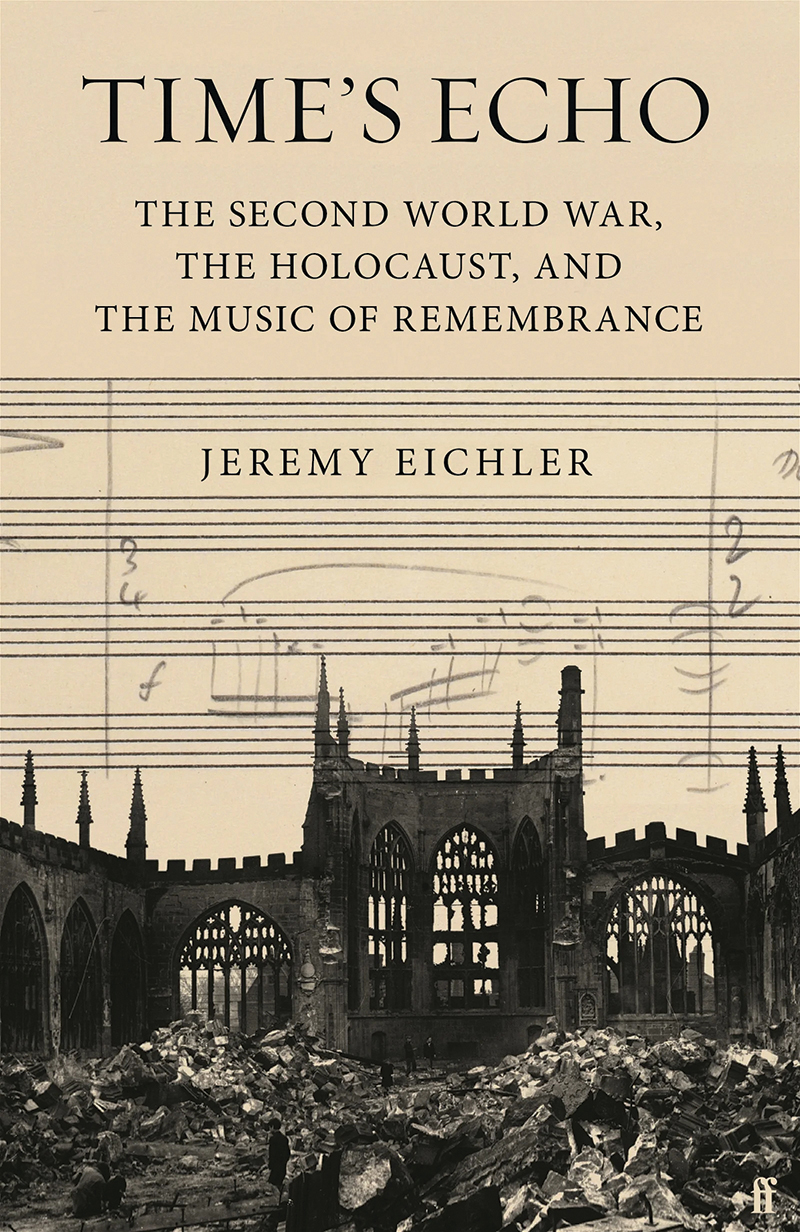Time’s Echo is a book with enormous ambitions. That it achieves them, in fact overleaps them, is astonishing. In this profound and scholarly study, Jeremy Eichler attempts to show how music retains the memory not only of its creative context, but also the intent of its composer. And when that context and emotional trigger is traumatic – in the examples in this book, the trauma is related to the Holocaust, perhaps the greatest human tragedy of the 20th century – the music has an impact almost beyond human ken.
Eichler focuses on Strauss, Schoenberg, Britten and Shostakovich. As anyone who has heard the works of these composers played by a live orchestra will attest, they have created bodies of work so powerful as to be visceral; if art can be an assault on the senses, these composers have come as close to attacking listeners’ nervous systems as one could imagine.
Eichler offers rich biographies of his subjects so that these almost mythical figures of 20th century music are made real, and the personal experiences which informed their extraordinary music are detailed and understood. It is hard to imagine anyone reading this and not immediately downloading all of the mentioned music, considering whether the realities behind their creation can be heard or felt in the score.
Change a Big Issue vendor’s life this Christmas by purchasing a Winter Support Kit. You’ll receive four copies of the magazine and create a brighter future for our vendors through Christmas and beyond
Eichler’s most impressive achievement in Time’s Echo is his convincing case that music has – and conveys – a historical ‘memory’ like no other art form. He is influenced by WG Sebald’s obsession with memory and the ways contemporary artefacts can illuminate, and also spark anew, understandings of the past.
Eichler draws the reader in by evocatively weaving a kind of manipulative spell, until one can almost hear the music he is describing, and even more remarkably, can feel the weight of the history it carries. The effect is immensely moving; the notion of music as the ultimate expression of the human soul, uniquely equipped to communicate the full spectrum of emotions is overwhelming. Eichler believes that this is how music can bring the past to life in the present, re-awakening history so that we might experience it as it occurred – as it felt – at the time.









